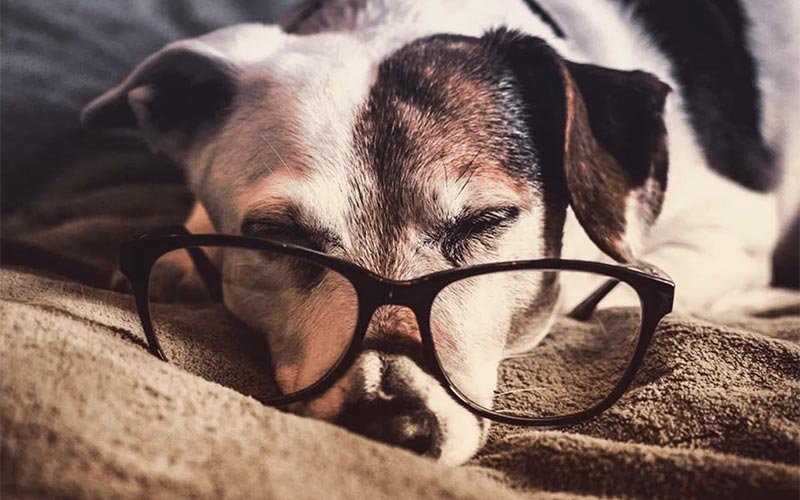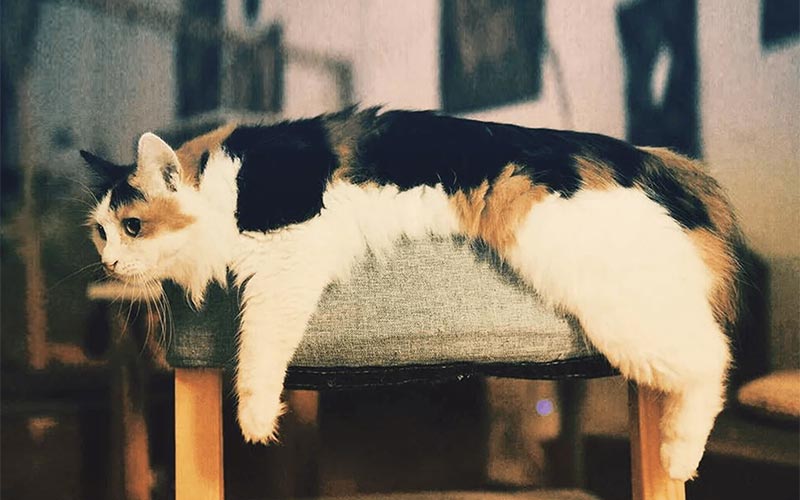AS THEY START GETTING OLDER: WHAT TO DO ABOUT ARTHRITIS IN PETS

Arthritis In Pets
If there’s one thing we at Fisher Glen Animal Hospital like to remember when it comes to aging pets, it’s that old age is not a disease. In other words, just because your pet is becoming geriatric does not mean they have to suffer unnecessary pain. When it comes to arthritis in pets we all tend to think, “Oh, he’s just slowing down because he is getting old,” and while there may be some truth to this, it doesn’t have to turn a pet who would still like to behave like a puppy into a cripple.
What To Do As They Start Getting Older
Some common signs that your pet is beginning to experience mobility issues include:
- Back feet out to the side when sitting
- No longer able to jump on the bed
- Can’t get in the car without help
- Increasingly frequent accidents
- Lack of Interest in walks or play
- Reluctant stair-climbing
- Groaning when standing up
By being aware of your pet’s stiffness or mobility problems and acting early, you can help to keep them mobile for months or even years. It is vitally important that we keep pets pain-free enough to stay active, so that joints don’t seize up and muscles don’t waste away. Weakness just complicates matters.
This may involve using supplements such as glucosamine, green-lipped mussel and chondroitin; special diets; anti-inflammatories or pain killers. There are also lots of alternative therapies available in Ottawa, such as underwater treadmill and swimming pool therapy, acupuncture, massage, and physiotherapy. We will assess your pet’s mobility each time that they are in for an examination, but if you have any concerns, please bring them to our attention. Most of all, let’s keep a spring in your pet’s step!
Contact Us Today if you have any questions, or you’d like to make an appointment. We look forward to hearing from you!
